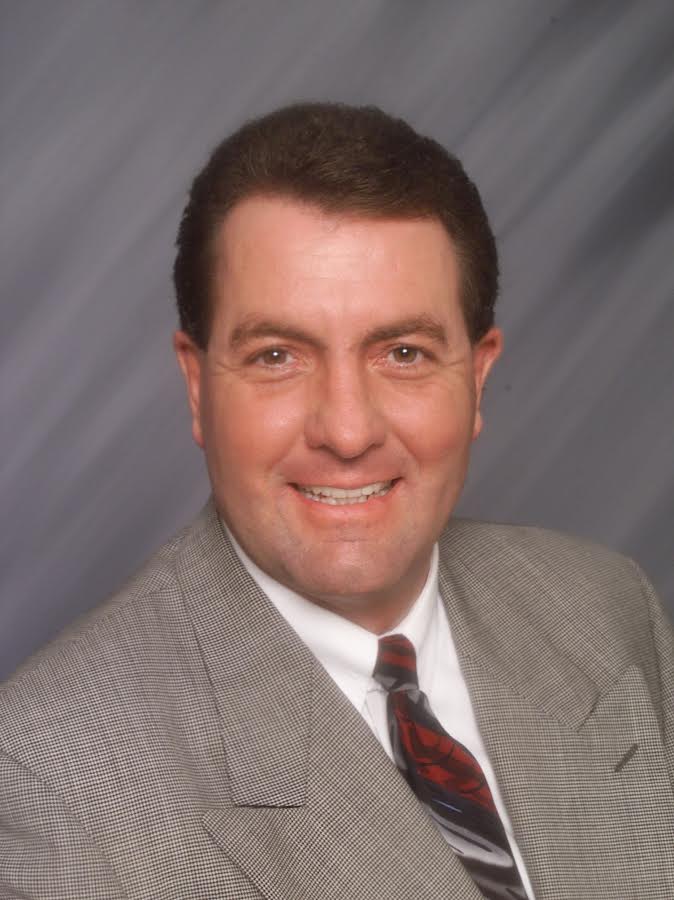David Miller serves as chief information officer for Access Community Health Network.
On Thursday, Sepember 21, Mr. Miller will speak on a panel at Becker's Hospital Review 3rd Annual Health IT + Revenue Cycle Conference. As part of an ongoing series, Becker's is talking to healthcare leaders who plan to speak at the conference, which will take place September 21 through September 23 in Chicago.
To learn more about the conference and Mr. Miller's sessions, click here.
Question: Looking at your IT budget, what is one item or expense that has surprised you in terms of ROI? How so?
David Miller: Undoubtedly, investment in my staff has given me an ROI far beyond anything that I could have imagined. Helping them to become better trained and more current on the latest technologies, as well as giving them new skills to enable them to grow in their careers, not only benefits them, but also greatly benefits the organization. We are a mission-driven organization, serving the medically underserved population of Chicago. And so, while I know that I may not be able to compete with many other organizations in Chicago on compensation, I am able to retain the best and brightest because of our mission and focus on employee development.
Q: Finding top tech talent is always a challenge. Say a CIO called you up today to ask for an interview question that would distinguish the best candidates from the mid- to low-performers. What question do you suggest he or she ask?
DM: This is a subject I have spoken on both nationally and locally. With all the changes in healthcare technology, I still think the most important skills are the so-called 'soft skills' — interaction skills, communication skills, organizational skills and emotional intelligence. These are especially important when dealing with our internal and external customers. If I were to craft a question in this regard, it would be something along the lines of: "Tell me about your most successful and least successful interaction with a customer, and why you think it turned out that way?"
Q: We spend a lot of timing talking about the exciting innovation modernizing healthcare. It's also helpful to acknowledge what we've let go of. What is one form of technology, one process or one idea that once seemed routine to you but is now endangered, if not extinct? What existed in your organization two to five years ago but not anymore?
DM: With the transformation of unified communications, there are certainly form factors that have disappeared from our organization. The most obvious one would be pagers, but another would be dictation. The decline of dictation is primarily a function of the rise of EMRs, as opposed to unified communications, but dictation has probably been around just about as long as the practice of medicine.
Q: Tell us about the last time you were truly, wildly amazed by technology. What did you see?
DM: I recently talked to a startup company who has the capability to encrypt every single piece of data created by my organization, including data from my EMR. Not only can it encrypt it, but it can retrieve and destroy it no matter how many document derivatives the data might reside in. This is clearly a development emanating from the Wikileaks situation, but is amazing, nonetheless.

